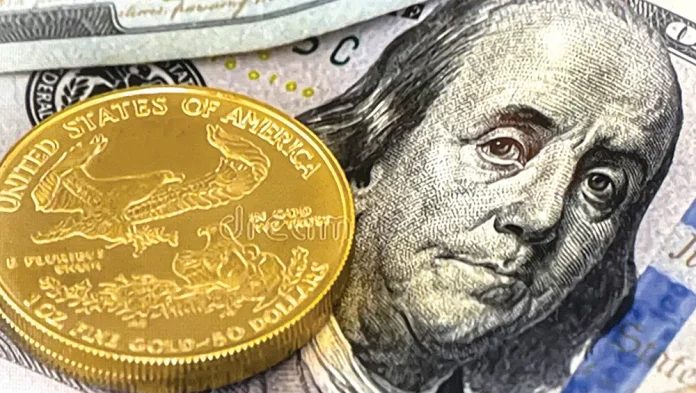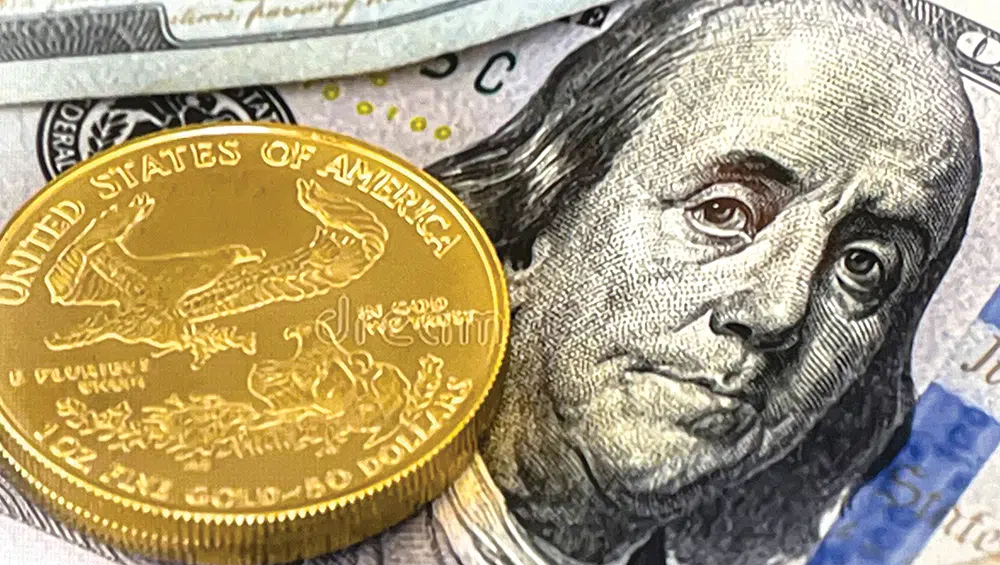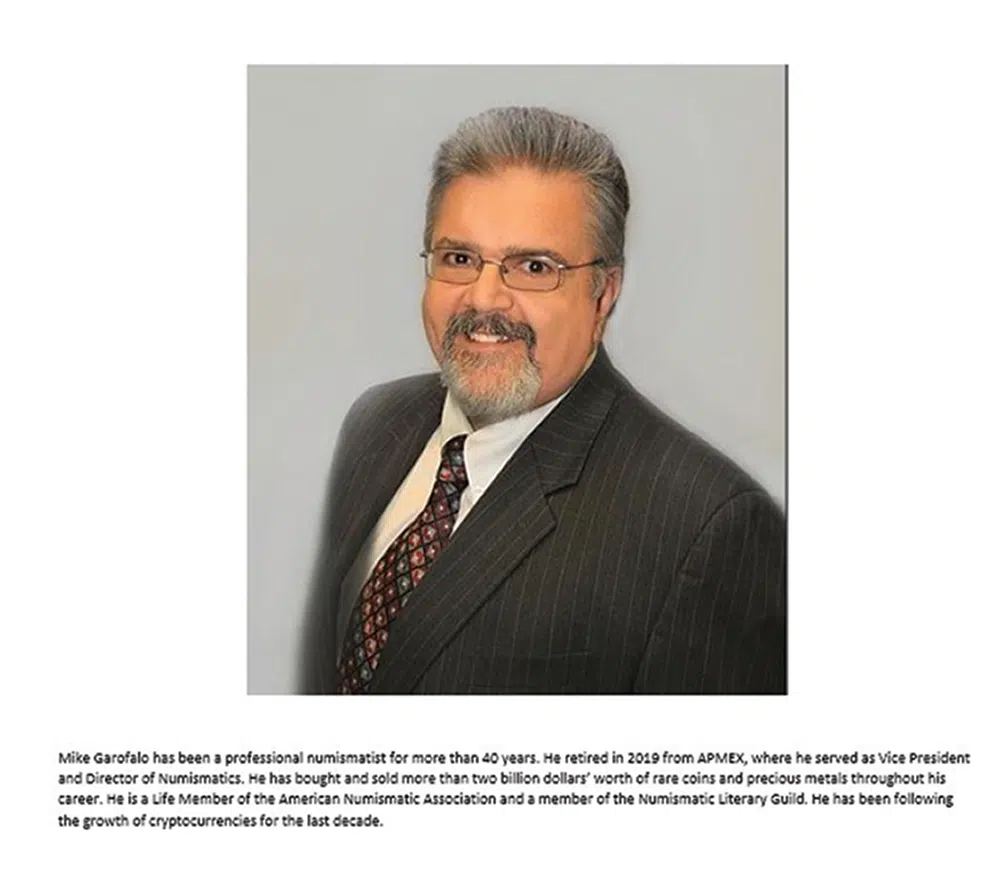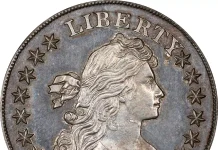
THERE ARE MANY IMPORTANT EXCEPTIONS AND EXEMPTIONS
Many people buy bullion items and rare coins from a variety of sources in different places. Some people pay a state sales tax on their purchases and some do not. Why
is that?
Years ago, virtually all state sales taxes were paid in person. You went to a store, bought something and if your state collected sales tax and there wasn’t an exception to the tax on that item, it was added to your total cost.
Forty-five states and the District of Columbia all impose state sales taxes on some items. There are local municipalities that may also impose an additional sales tax. Five states—Alaska, Delaware, Montana, New Hampshire and Oregon—impose no state sales taxes of any kind on any purchases.
But for coins and bullion items, different rules apply. That is because 38 states look at bullion products and rare coins differently than most other purchased products. Some states take the “enlightened view” that coins and bullion are purchased for investment purposes. So just like when you buy a mutual fund or a common stock, no sales taxes are added to the total.
But to complicate matters, the rules on coin and bullion purchases differ from state to state. Some exclude all bullion purchases but not rare coin purchases. Some charge a different rate on coins and bullion than on other products. Some exclude rare coins and currency but not bullion.
The amount a state may exempt can be based on:
• Your purchase amount: Over certain minimums you may be subject to no sales taxes.
• Some exclude monetized coins, which is actual coinage, but they don’t exclude non-monetized items.
• Some states require the purity of the gold or silver to be at certain levels before they exclude anything.
• Some exclude gold and silver but not platinum, palladium or other precious metals. Some only exclude gold or silver.
• Some states exclude any coins that currently have or may have had a legal tender status.
If you think you have to worry only about the state in which you live or are traveling through, think again.
Because of the Internet, online pur-chases are easy to make, but due to the Wayfair Decision in 2018, purchasers no longer have to be located in the state where the purchase is made. Prior to that Supreme Court decision, if an online company sold something to an out-of-state purchaser, they did not collect the sales tax because the company didn’t have what’s called “nexus” in that state—meaning “no physical presence”—so no sales taxes were charged on those purchases. But in 2018, the State of South Dakota claimed that online retailer Wayfair was not collecting sales taxes on purchases made by and delivered to South Dakota residents. The state sued and the case went to the United States Supreme Court. The Court found that South Dakota was correct and that by not charging South Dakota residents a sales tax on their purchases, the online retailer had an unfair advantage over the local brick-and- mortar stores in South Dakota.
The far-reaching implications of this case meant that if an online company met a low threshold for sales in a particular state, the state could modify its sales tax regulations to have those transactions subject to sales tax, just as an in person purchase would require. No longer would a seller be exempt because it did not have a physical presence in the state.
Many states looked at this as a potential windfall for the state coffers. No longer would online purchases be sales tax free. Many states rushed to join the crowd and reap the benefits of the previously uncollected sales taxes.
What makes a bad situation worse is that these states typically have legislatures that are in session twice a year, and given the proper votes in their state capitols, they could increase what is subject to sales taxes at any time. All that is required is approval by, typically, both the state house and state senate, and a signature of the approving governor for the bill to become law.
This Supreme Court decision is a nightmare for most small businesses. That’s because each individual state can change its legislation at any time and there is no requirement that the states charge similar rates for similar products. Additionally, whether the seller is a large concern or a small one, it has to watch for these possible changes, add the correct sales tax amount to the purchase price, collect the sales tax from the consumer and remit it on the appropriate forms to each respective taxing authority—all of whom use their own tax forms and each of whom has different filing and payment deadlines.
The off-the-shelf tax products are great for calculating taxes on most items for any state, except for products like bullion and rare coins that may have exclusions. The tax experts are great at calculating taxes but not so great at knowing if a particular bullion item meets all of the qualifications for exemption or not.
Large retailers such as eBay have lots of tax staff following all of the changes, adjusting their programs and making the proper changes to their software.
I bought a coin on eBay from a seller who operated in New Jersey. The State of New Jersey used to impose a sales tax on coins, but my home state did not. Therefore, no sales tax should have been due. But eBay automatically charged me the sales tax. It took six weeks, but eBay refunded the sales taxes to me because I cited the legislation that exempted it in my state.
How did I know there was an exemption on my purchase in my home state? I personally lobbied the state legislature on behalf of my former employer and for all sellers in my state to exempt coins and bullion products from the sales tax. But it makes you wonder how much is erroneously collected in state sales taxes each year and how much is overlooked.
New Jersey will no longer charge sales tax on the sale of precious metals, including coins, starting January 1, 2025. This is as a result of the passage of New Jersey Senate Bill 721, widely regarded as historic legislation.
Most large online companies generally list the sales taxes that they collect in individual states on their websites. It’s a good idea to look at what each company collects in sales taxes to see which ones may be doing it correctly and which ones are not.
To quote one of our Founding Fathers, Benjamin Franklin: “Our new Constitution is now established, everything seems to promise it will be durable; but, in this world, nothing is certain except death and taxes.”
Courtesy Mike Garofalo
Mike Garofalo, a coin dealer for more than 40 years, follows the growth of cryptocurrencies. He began his career in 1979 and retired in 2019 after serving as Vice President and Director of Numismatics for APMEX. He has written hundreds of articles on bullion and rare coins.














